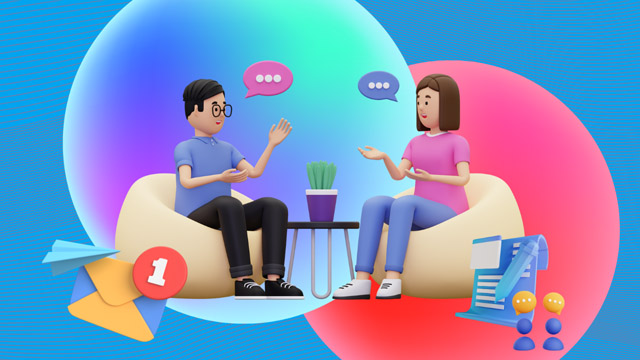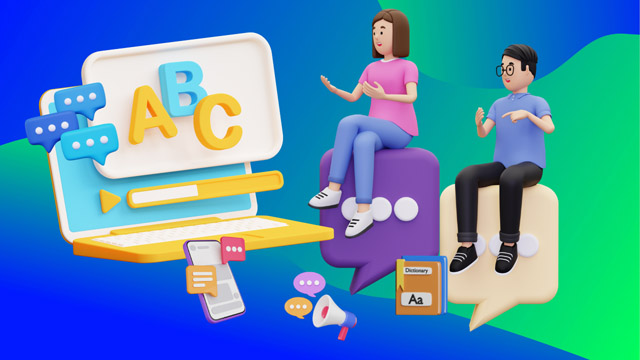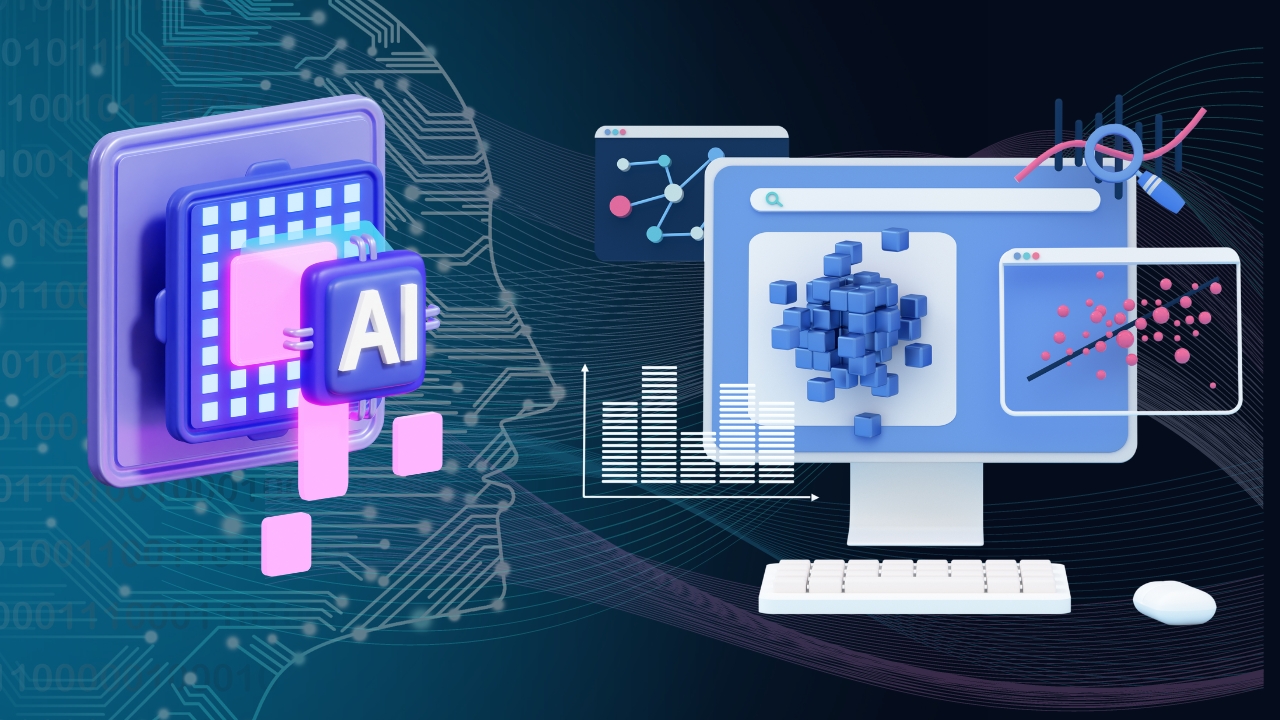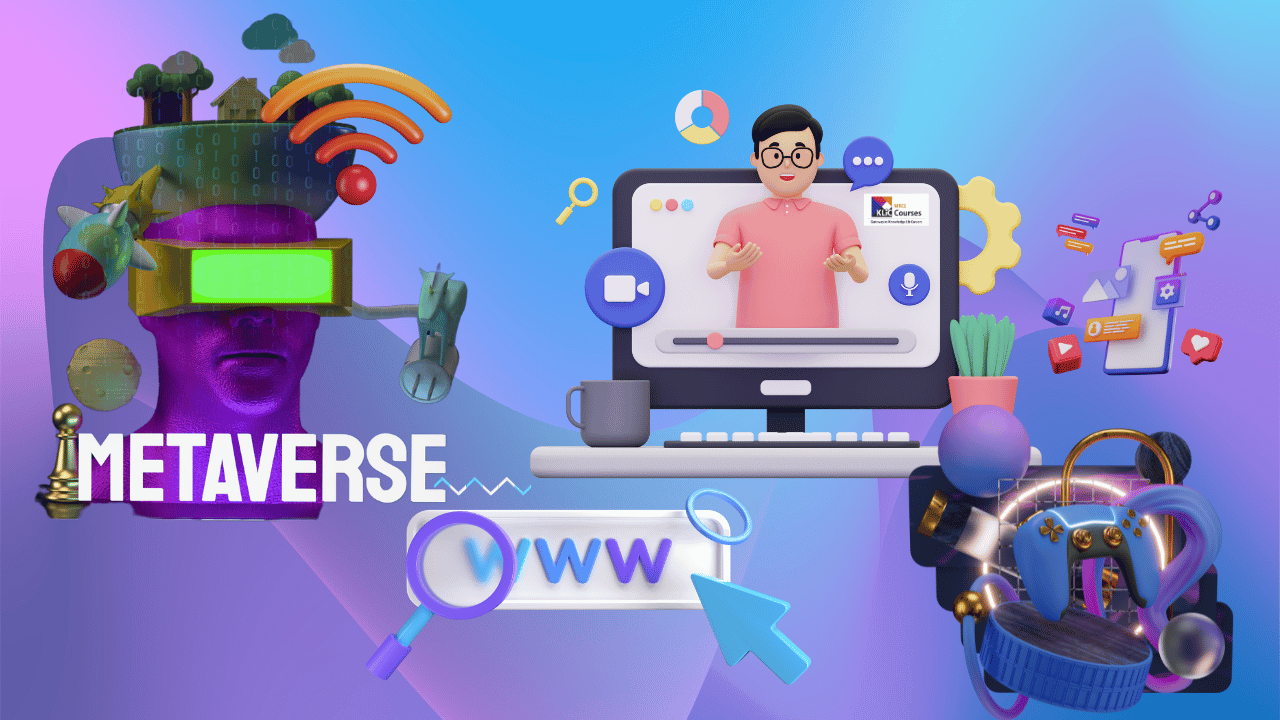- Having Technical Knowledge contributes 15% to get job, well-developed soft skills and people skills have major share. Therefore, the Syllabus has framed to ensure development of learner’s soft skills with globally recognised standard.
- We need special skill set for professional as well as personal life.
- Soft Skills are needed to survive in the changing times. Development of Soft Skills can help the learner in all aspects of life i.e. Professional, Social and Personal.
- The course covers important skills like Self-Management, Communication, Collaboration and Cooperation, Time Management, SMART Goal Setting, Decision Making, Interview skills and many more.
KLiC Soft Skills
This course has been designed especially for young individuals who want to acquire Soft Skills including Communication Skills leading to or resulting into personal effectiveness at the globally accepted beginner level. Ensuring job readiness or workplace readiness for an effective and successful professional, social and personal life!
Need
Who Should Join
- Students and Recent Graduates: Individuals preparing to enter the workforce who wish to improve their interpersonal and professional skills.
- Job Seekers: Those aiming to enhance their employability by developing competencies in communication, teamwork, and problem-solving.
- Working Professionals: Employees seeking to advance their careers by refining their soft skills for better workplace interactions and leadership roles.
- Entrepreneurs and Business Owners: Individuals looking to improve their personal effectiveness in managing teams, clients, and business operations.
- Individuals Preparing for Competitive Exams: Candidates aiming to strengthen their soft skills, which are often assessed in interviews and group discussions.
- Homemakers and Retirees: Individuals interested in personal development and enhancing their communication and interpersonal skills.
- Community Leaders and Volunteers: Those involved in community service or leadership roles seeking to improve their ability to collaborate and lead effectively.
What you'll learn ?
- This course focuses on developing Soft Skills of the learner
- The emphasis is not only on understanding the theory but also on applying the knowledge to real life situations
- The sessions will help the learner face the real life situations in a better way and with confidence
Certification
- KLiC Soft Skills course is recognized by Yashwantrao Chavan Maharashtra Open University (YCMOU).
- MKCL provides certificate to the KLiC learner after his/her successful course completion.
- Yashwantrao Chavan Maharashtra Open University (YCMOU) provides mark sheet to successfully passed KLiC learners from Maharashtra jurisdiction.
Learning Methodology
The academic approach of the courses focuses on the “work-centric” education i.e. begin with work (and not from a book!), derive knowledge from work and apply that knowledge to make the work more wholesome, useful and delightful. The ultimate objective is to empower the Learner to engage in socially useful and productive work. It aims at leading the learner to his/her rewarding career as an employee or entrepreneur as well as development of the community to which s/he belongs. Learning methodology:
- Step -1: Learners are given an overview of the course and its connection to life and work.
- Step -2: Learners are exposed to the specific tool(s) used in the course through the various real-life applications of the tool(s).
- Step -3: Learners are acquainted with the careers and the hierarchy of roles they can perform at workplaces after attaining increasing levels of mastery over the tool(s).
- Step -4: Learners are acquainted with the architecture of the tool or tool map so as to appreciate various parts of the tool, their functions, utility and inter-relations.
- Step -5: Learners are exposed to simple application development methodology by using the tool at the beginner’s level.
- Step -6: Learners perform the differential skills related to the use of the tool to improve the given ready-made industry-standard outputs.
- Step -7: Learners are engaged in appreciation of real-life case studies developed by the experts.
- Step -8: Learners are encouraged to proceed from appreciation to imitation of the experts.
- Step -9: After the imitation experience, they are required to improve the expert’s outputs so that they proceed from mere imitation to emulation.
- Step-10: Emulation is taken a level further from working with differential skills towards the visualization and creation of a complete output according to the requirements provided. (Long Assignments)
- Step-11: Understanding the requirements, communicating one’s own thoughts and presenting are important skills required in facing an interview for securing a work order/job. For instilling these skills, learners are presented with various subject-specific technical as well as HR-oriented questions and encouraged to answer them.
- Step-12: Finally, they develop the integral skills involving optimal methods and best practices to produce useful outputs right from scratch, publish them in their ePortfolio and thereby proceed from emulation to self-expression, from self-expression to self-confidence and from self-confidence to self-reliance and self-esteem!
Syllabus
The course covers soft skills, communication skills and personal effectiveness skills.
- Psychology of Success
- Self-Awareness and Self-Acceptance
- Self-Management
- Interpersonal Relationships
- Collaboration and Cooperation
- Time Management
- Smart Goal Setting
- Decision Making
- Problem Solving (Conflict Management)
- Emotional Intelligence
- Positive Health
- Ethics and Values
- Being Sensitive Towards Others, Society and Nature
- Effective Communication
- Listening
- Non-Verbal Communication
- Interpersonal Communication
- Communication within a Group
- Social Skills (Diversity)
- Presentations
- Written Communication
- Email Communication
- Technology Mediated Communication
- Visual Communication
- Mass Communication
- Public Speaking
- Critical Thinking
- Scientific Attitude
- Being Flexible
- Being Confident
- Being Effective
- Being Creative and Innovative
- Art Appreciation
- Grooming
- Resume Writing
- Interview Preparation and Appearing for an Interview
- Negotiation Skill
- Service Orientation
- Quality Orientation and Customer Delight
Objectives of the syllabus:
- To help the learner imbibe skills necessary for job success with an exposure to Soft Skills, Communication Skills in various contextual situations in day-to-day life.
- To offer an exposure to soft skills and personal effectiveness skills in job / workplace situations involving thought-provoking exercises with a continuous practice through eLearning so as to make him/her job-ready and attain job success eventually.
Evaluation Pattern
Evaluation Pattern of KLiC Courses consists of 4 Sections as per below:
| Section No. | Section Name | Total Marks | Minimum Passing Marks |
|---|---|---|---|
| 1 | Learning Progression | 25 | 10 |
| 2 | Internal Assessment | 25 | 10 |
| 3 | Final Online Examination | 50 | 20 |
| Total | 100 | 40 |
YCMOU Mark Sheet
YCMOU Mark Sheet will be provided based on the below evaluation pattern:
- Evaluation Pattern: Total 100 Marks
- Passing Criterion: Separate passing in Sections 1, 2 and 3 by scoring at least 40% marks in each section i.e. minimum 10 marks in Section 1 & 2 and minimum 20 marks in Section 3. So total minimum marks required are 40.
- YCMOU Mark Sheet: Printed Mark Sheet will be issued by YCMOU on successful completion of Section 1, Section 2 and Section 3 and will be delivered to the learner by MKCL.
- YCMOU Mark Sheet will be available only for Maharashtra jurisdiction learners
MKCL's KLiC Certificate
MKCL's KLiC Certificate will be provided to the learner who will satisfy the below criteria:
- Learners who have successfully completed above mentioned 3 Sections i.e., Section 1, Section 2 and Section 3
- Additionally, learner should have completed Section 4 (i.e., Mini Projects in form of Assignments
KLiC Courses Fee Structure from 01 July, 2025
KLiC 120 hour course fee applicable from 01 July, 2025 all over Maharashtra
| KLiC Course Duration | MFO: MKCL Share (Including 18% GST) |
ALC Share (Service Charges to be collected by ALC*) |
MKCL Certificate | YCMOU Marksheet |
|---|---|---|---|---|
| 120 hours (Without YCMOU Marksheet) | Rs. 1,000/- | Rs. 5,000/- | Available | Not Available |
| 120 hours (With YCMOU Marksheet) | Rs. 1,118/- | Rs. 5,000/- | Available | Available |
* ALCs can collect additional 18% GST from Learner on ALC Share
* Above mentioned fee is applicable for all Modes of KLiC Courses offered at Authorised Learning Center (ALC) and at Satellite Center
* Total fee is including of Course fees, Examination fees and Certification fees
* MKCL reserves the right to modify the Fees of Courses during the year without any prior notice and MKCL shall not be liable to anyone for any such modification/s
KLiC Courses Fee Structure upto 30 June, 2025
From 01 January 2025 onwards, the fees for all KLiC courses in ALCs of Mumbai Metropolitan Regional Development Authority (MMRDA), Pune Metropolitan Regional Development Authority (PMRDA) and Rest of Maharashtra will be applicable as shown in the table below:
KLiC Courses of 120 Hours:
| Mode | Total Fee (Rupees) |
Single Installment (Rupees) |
Two Installments (Rupees) |
| Single Installment | 6000/- | 6000/- | N/A |
| Two Installments | 6200/- | 3100/- | 3100/- |
Total fee is including of Course fees, Examination fees and Certification fees
* Above mentioned fee is applicable for all Modes of KLiC Courses offered at Authorised Learning Center (ALC) and at Satellite Center
* Total fee is including of Course fees, Examination fees and Certification fees
* MKCL reserves the right to modify the Fees of Courses during the year without any prior notice and MKCL shall not be liable to anyone for any such modification/s



